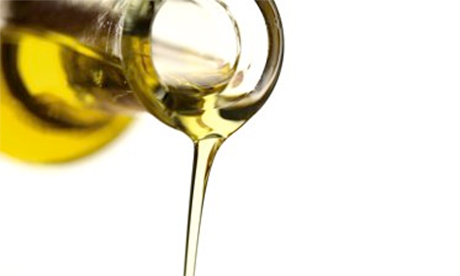Some Catholic priests are changing the sacramental liturgy prescribed for anointing the sick so they can administer the sacrament by proxy during the coronavirus (COVID-19) pandemic.
In this practice, a nurse or family member takes on the act of anointing the patient while the priest prays over them.
Some Church leaders have spoken out against the change, which is not endorsed by canon law. They say the adaptation could invalidate the sacrament.
Those supporting the change say it can bring comfort to patients at an extraordinary time when the typical administration of the sacraments is not possible.
One priest who anointed a patient by proxy last month says it was the best option he could come up with at that time.
By allowing the dying woman’s son to anoint her, Fr Jim Shaughnessy says he was able to conserve protective equipment and reunite the mother with her son for her last moments.
“I wasn’t sure whether or not it was valid or licit, but I was quite sure that the son was able to convey comfort, not only on his own part, but also the prayers of the Church, with me standing literally over his shoulder behind glass.”
Bishop Christopher Coyne, a member of the U.S. Bishops Conference Committee on Divine Worship, says efforts like Shaughnessy’s are “well-intentioned,” but they don’t illustrate “what the sacrament is.”
“There’s a certain point at which the priest really has to be present,” Coyne says.
“Few Catholics would condone practicing the sacrament of reconciliation by proxy.
Monsignor Fred Easton, who is the former judicial vicar for the Archdiocese of Indianapolis, agrees with Coyne, adding: “The problem is the breaking up of the action of the prayers and the sacramental action of the anointing”.
All sacraments have a certain “oneness” about them, a unity of the physical and the spiritual, he says. By breaking up the two, one takes away the sacrament’s special qualities.
Under grave circumstances, priests are allowed to use an “instrument” to anoint the person, such as a cotton ball or a surgical glove, but that instrument cannot be another human being,
Anointing the sick is not mandatory for dying Catholics, Coyne says.
A current alternative is a plenary indulgence available for COVID-19 victims.
The indulgence forgives sins through the merits of the communion of saints and is available if the person “habitually recited prayers during their lifetime.”
However, the pope could change liturgical practice in response to COVID-19.
“Pope Francis is somebody who is always trying to do everything he can to allow people to have access to the Church’s sacraments and the Church’s works of mercy, so he could, down the road, if this continues to become a worse situation,” Coyne says.
“But he’s also someone who says, ‘Look, let’s just use the regular means in which these things are done without having to necessarily make significant changes.’”
Source
Additional readingNews category: World.




